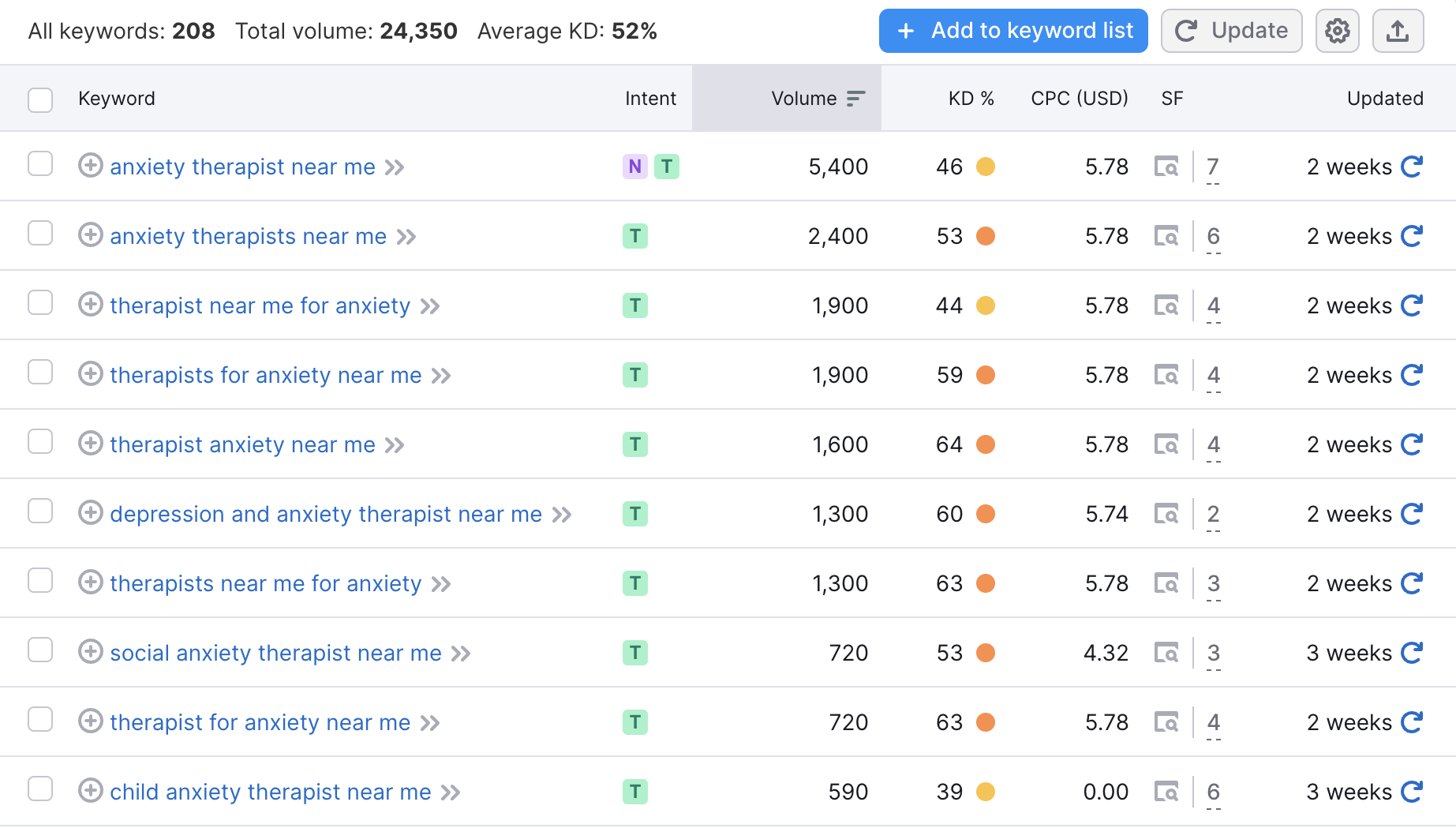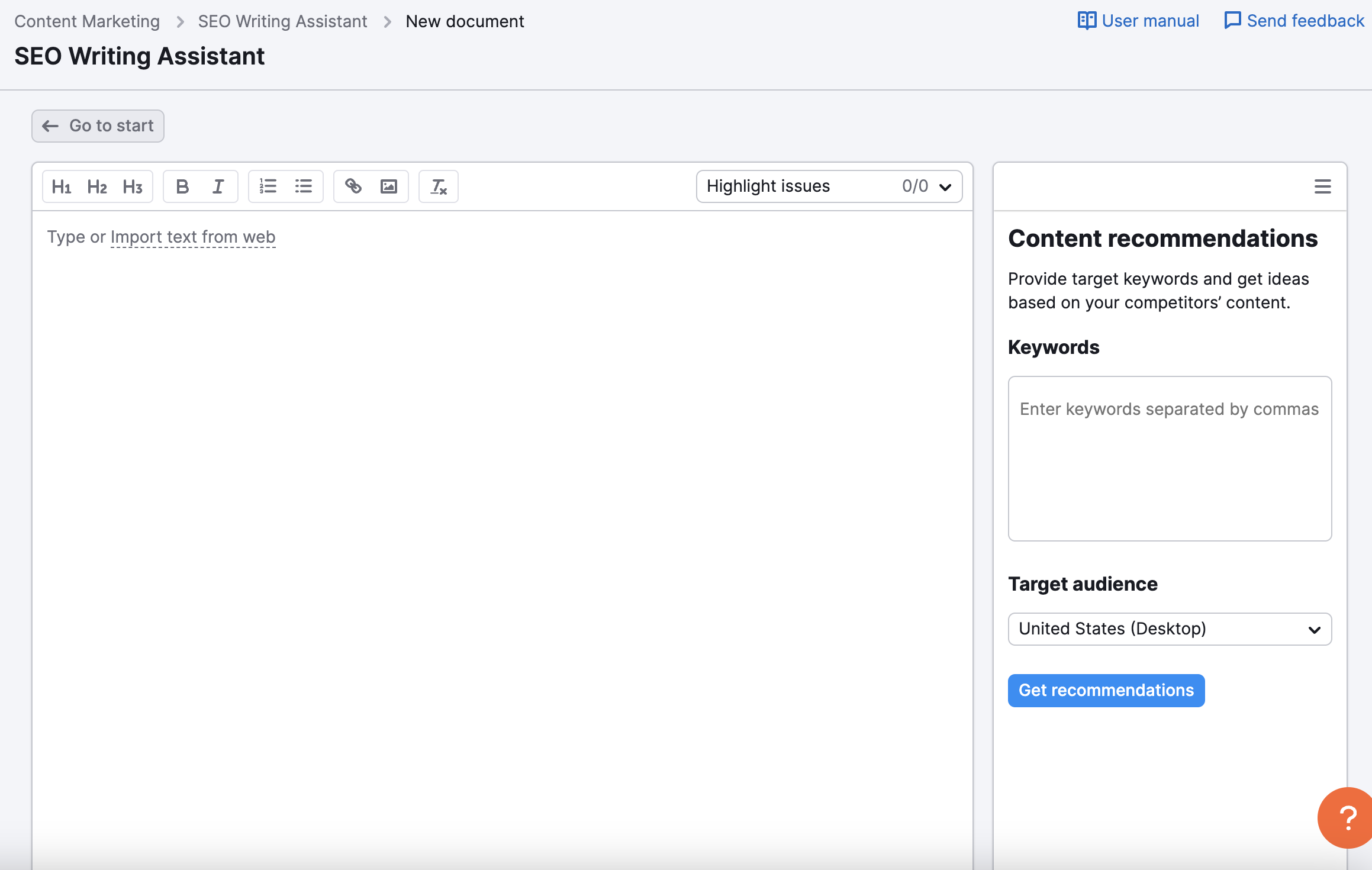SEO for Mental Health Professionals
Search Engine Optimization (SEO) can be an tough topic! Good SEO can be the difference between mental health service professionals having a full practice or an empty one. To a smaller or independent practitioner, doing work to rank higher with SEO can seem daunting.
I’m here to break it down and make it more accessible! SEO for therapists can be a game changer!
What it boils down to is this:
When people search for your services on a search engine like google, you are the one that pops up!
A potential client may want an anxiety therapist. Maybe they want an eating-disorder trained psychiatrist. Maybe they want an ADHD coach. Regardless, you want to be the one they see when they go looking for you!
This can help you get your ideal clients!
An abstract image of SEO
Starting Off
First of all, I recommend checking out this article from Semrush. It’s going to give you the SEO basics, which I’m pulling pretty heavily from for this article! I’m just tailoring it to mental health specifically.
If you don’t already have specialities, you should choose those before you get into writing SEO-optimized articles. I named some above. Let’s go with the example of the anxiety therapist.
How do you find an anxiety therapist? A client might search for “Anxiety Therapist Near Me” or “Anxiety Therapist Fort Collins”.
Note: make sure you have your Google Business Profile set up as well!
If you are that anxiety therapist, it’ll be helpful for you to have your website all set-up and active. Make sure you run your website through Google Search Console to ensure that Google can “crawl” (aka read) your website.
Keyword Research
Now, you’ll want to find keywords that people are using when looking for your services. This will drive what type of content you write!
Let’s look at an example using Semrush’s keyword magic tool.
The Semrush Keyword Magic Tool
You can see here I searched for “Anxiety Therapist Near Me”. Let’s look at what a few of these metrics mean!
Keyword: What people type in
Intent: What people are looking to do when they search (e.g., buy from you (transaction), or just learn (information))
Volume: How often people search for that term per month on average over 12 months
Keyword Difficulty (KD): How difficult it is to get your webpage to show up when people search for that term.
Cost-Per-Click (CPC): How much people pay on average to have this keyword displayed on their Google Ads.
What you’ll want to focus on is using a lot of keyword that are low in ‘keyword difficulty’. I'd avoid competing with bigger companies that can get the high difficulty keywords.
You can click on a keyword to learn more about it, and find other similar keywords that might be easier to use.
Note: Try focusing on “Anxiety Therapist (your city)”. If you’re looking to bring in local clients, this can help! Use local SEO for your mental health practice!
Writing Your Article
Once you’ve identified your specific keyword(s), you can start writing! I’d recommend finding a valuable topic (if it’s not already obvious from your keyword research) for clients. You might write an article about why it’s important to find the right anxiety therapist. You could also write about breathing techniques to calm anxiety, as long as the keywords are in there!
Writing articles for your ideal clients can help build trust, as you establish yourself as an expert therapist/counselor.
Be sure to use your keywords as liberally as possible, without it feeling awkward, out-of-place, or forced.
It’s also helpful to break up text, use section headings, and use bullet points. Making it easier to read will help!
Checking Your Article for Optimization
Once you have a draft put-together, plug it into Semrush’s SEO Writing Assistant.
The Semrush Writing Assistant
This tool will help you with areas like readability, and see how good you’re doing at putting in keywords.
Publishing Your Article
Once you have gone through the Writing Assistant process, it’s time to publish your article!
I publish my articles on my Squarespace website, since it’s easy to set-up a blog there.
You should have some sort of blog set-up on your website where you can post!
If it’s your goal to drive web traffic, it’ll be important to have your blog on your website!
I will plug my article into a blog post, and then make sure the formatting and images are all correct.
Note: I use ChatGPT to generate me images, or “Unsplash” to find stock images. Make sure you put an image description as well!
Extra Ways to Improve SEO
On Squarespace, you can go into the Blog post settings to improve your SEO game. Make sure you’re putting your location if you want to improve your search presence in your local area. Also, input an SEO title and description that incorporates your keywords!
If you are a Mental Health Professional trying to get clients local to you, include local keywords (like the name of your city). I wouldn't put energy into competing with bigger companies! You want to focus on local SEO as a mental health professional. Focus on appearing in the local search results.
What SEO tools and knowledge do you have? Let us know!


